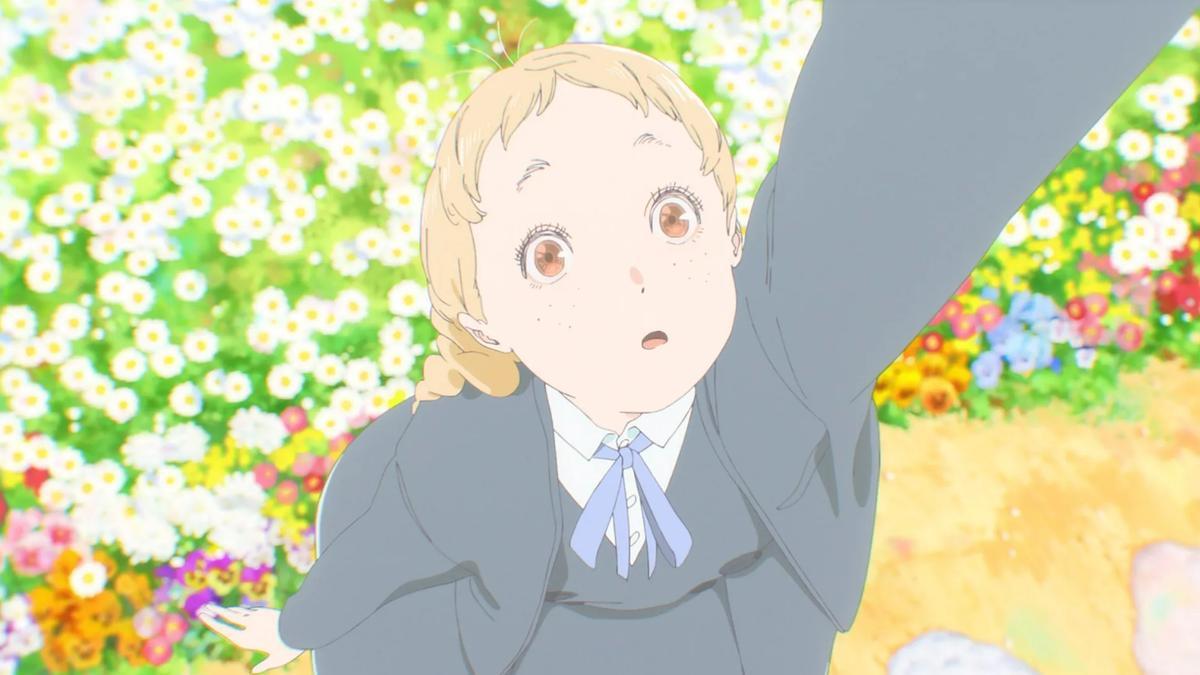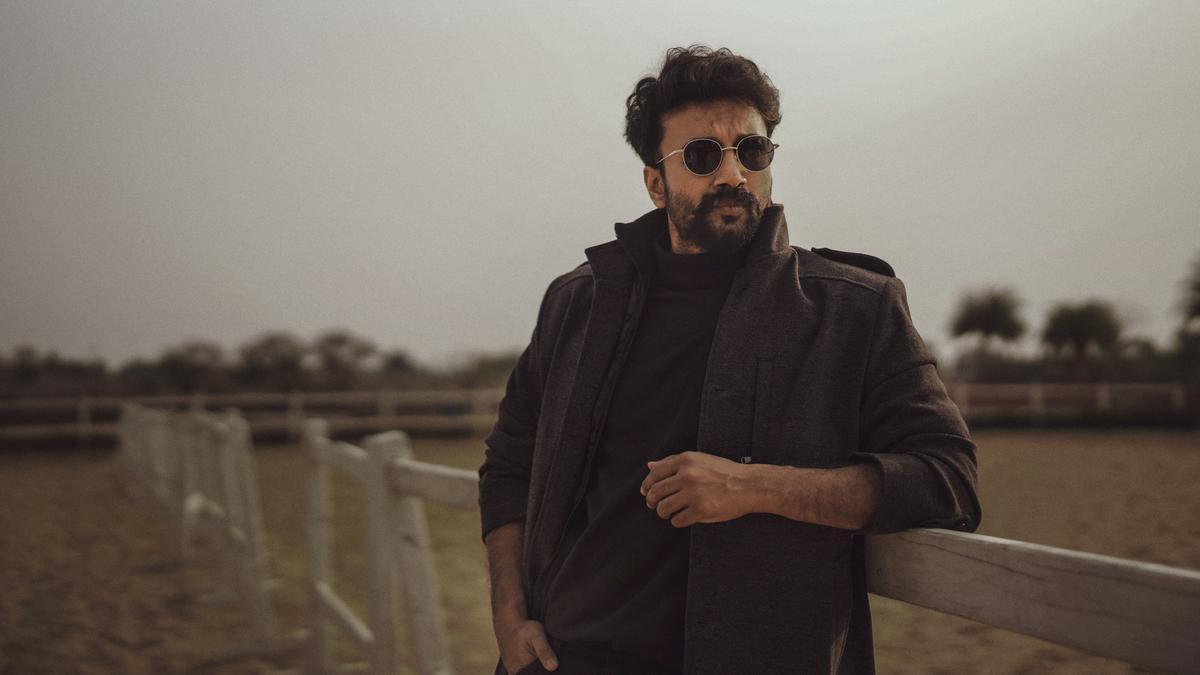
Two weeks after the K Hema Committee report sent shockwaves across several Indian film industries, artistes from the Kannada film industry (KFI) have responded to the ongoing issue. The report, which highlighted substantial and disturbing instances of sexual harassment and gender inequality, has prompted substantive reactions from the film fraternity and calls for immediate reform.
Actor Sruthi Hariharan has been at the forefront of this movement, demanding a panel in Sandalwood similar to that of the Hema Committee. Members of the Film Industry For Rights and Equality (FIRE) have now taken a significant step by asking the Karnataka government to constitute a committee headed by a retired judge. This committee’s mandate would be to thoroughly study and report on issues faced by women, including but not limited to sexual harassment, within the industry.
FIRE was established during the #MeToo wave in 2018, a period marked by widespread allegations of sexual misconduct across various sectors. Sruthi Hariharan’s own allegations against actor Arjun Sarja were a critical moment back then. FIRE operates as a not-for-profit organization under the Societies Act with a clear focus on tackling sexual harassment and the casting couch phenomenon in the industry. The organization is spearheaded by filmmaker Kavita Lankesh, who serves as the president, and actor Chetan Ahimsa, the secretary.
On Wednesday, September 04, 2024, FIRE took a formal step by submitting a letter to Karnataka Chief Minister Siddaramaiah. The letter demands comprehensive measures to create a safe and equitable working environment for all women in the industry. This 153-member panel includes notable names such as actors Sudeep, Ramya, Kishore, Vinay Rajkumar, Sruthi Hariharan, Shraddha Srinath, Pooja Gandhi, Aindrita Ray, Diganth Manchale, Chaitra J Achar, Samyukta Hegde, and filmmakers B Suresha, Mansore, Jayatheertha, K M Chaitanya, and Pawan Kumar.
“Women have faced harassment in the film industry from time immemorial,” said Kavitha Lankesh, reflecting on the systemic issues that have persisted over the years. “Those who were not cooperative to the whims and fancies of influential people were thrown out of the industry. Women who question injustice face the danger of losing opportunities. That’s what happened with Sruthi as well.”
Despite the serious nature of these allegations, three years after her complaint against Arjun Sarja, the investigation was closed by the police citing a ‘lack of evidence.’ Kavitha lamented this decision, noting, “Women have complained in the past, but industry bigwigs have quietened them down. Some female artistes get into legal battles that get dragged for ages, and their careers take a hit.”
FIRE has called for a “thorough investigation into the systematic issues faced by women in KFI, including sexual harassment.” The body also emphasized the need for the “development of policies to ensure a healthy and equitable work environment for women in the industry.”
The proposed committee, according to FIRE’s letter, should be led by a retired judge from the High Court or Supreme Court who has demonstrated a strong commitment to gender justice throughout their service.
. The organization seeks immediate action from the government to address these pressing issues.
The impact of the Hema Committee report has not been confined to the Kannada film industry alone. Allegations of similar misconduct have also shaken the Malayalam film industry. Additionally, noted artistes from the Tamil, Telugu, and Hindi film industries have responded to the controversy, underscoring the need for safer working environments for female artistes. Cinematographer Preetha Jayaraman, who has worked predominantly in the Kannada film industry and is a member of FIRE, shared her insights on the pervasive issue.
“Even though I have always worked in a professional film set with the availability of all basic needs for women, one can’t deny the fact that there is a significant harassment factor when it comes to actresses and junior artistes,” said Preetha. “Most in the industry are aware of how production executives treat actresses and where the mistakes happen. People in positions of power exploit daily wage laborers in the film industry. We must have zero tolerance towards unfair expectations from women.”
Adding to the chorus of voices seeking change, author and screenwriter Sandhya Rani highlighted the longstanding nature of these issues. “The harassment faced by women in the film industry is a known truth,” she said. “It was the elephant in the room. Only after the Hema Committee report has there been an open discussion on the problem.”
Sandhya further elucidated, “Women in the film industry are vulnerable because a film set doesn’t function with fixed timing and guidelines. Men in strong positions often make rules that work in their favor, even if they cross the line. That’s why you see those accused continuing to receive work while those who question them get sidelined by the industry.”
Kavitha Lankesh concluded by stressing the importance of treating everyone equally on a film set. “I have heard stories of women asked to work long hours even during their periods. How you treat women and junior artistes defines how safe your film set is,” she stated.
With an increased push for structural changes and better regulations, the Kannada film industry is on the brink of significant transformation. The initiation of a comprehensive probe into these long-standing issues marks a crucial step towards ensuring justice and equality for all women in the industry.










